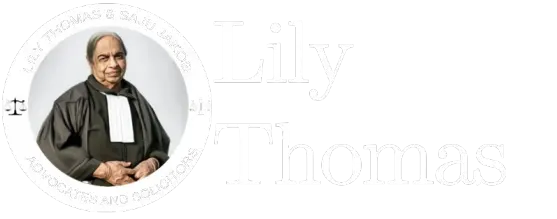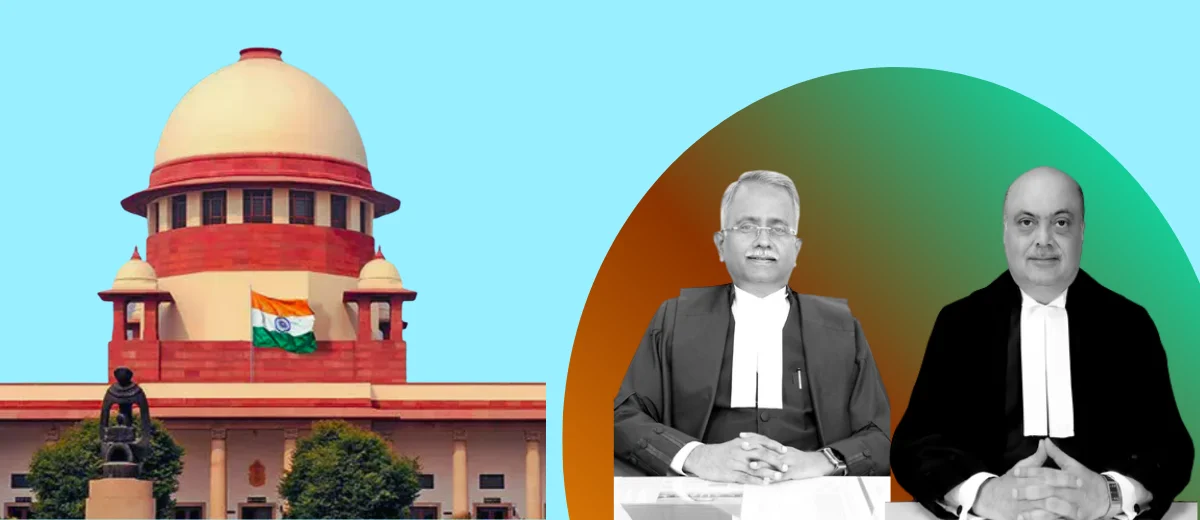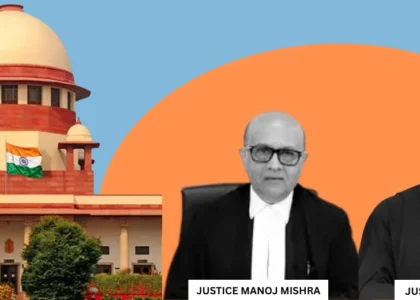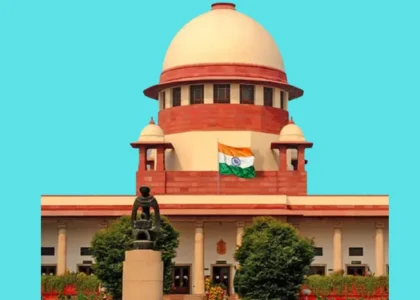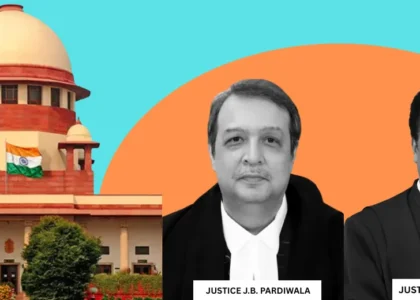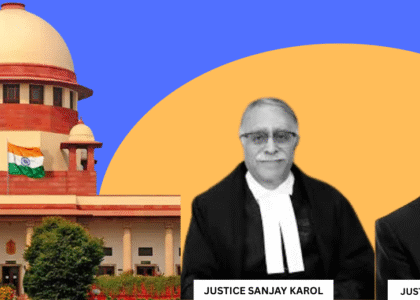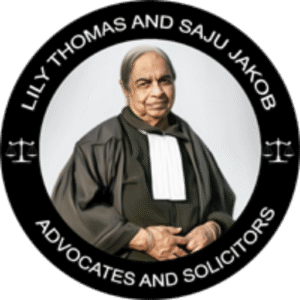Case Title:- DHARMRAO SHARANAPPA SHABADI AND OTHERS Vs SYEDA ARIFA PARVEEN
Citation:- 2025 INSC 1187
Date:- 07.10.2025
Hon’ble Supreme Court Bench :- JUSTICE AHSANUDDIN AMANULLAH & JUSTICE S.V.N. BHATTI
The Hon’ble Supreme Court has reiterated the three essential conditions required for a valid oral gift (hiba) under Mohammedan Law:
- A clear declaration of the donor’s intention to give,
- Acceptance of the gift by the donee, and
- Delivery of possession of the subject matter, either actually or constructively.
Key Points:
- The Hon’ble Court made it clear that no written document or registration is required for a valid hiba. If these three conditions are fulfilled, the oral gift is complete and legally valid.
- The Hon’ble Court referred to Section 129 of the Transfer of Property Act, 1882, which exempts gifts made under Mohammedan Law from the general rule of registration under Section 123, applicable to other immovable property gifts.
- The Hon’ble Court said that the delivery of possession is the most important part of a valid gift. Possession can be actual (physical control) or constructive (symbolic control). Constructive possession can be proved by overt acts, such as mutating the donee’s name in revenue records, handing over keys or documents, or allowing the donee to manage or collect rent from the property.
- The donee must show that they have exclusive control or ownership acts over the property, like collecting rent, managing land, or paying taxes to prove that the gift was acted upon. On the other hand, if the donor continues to collect rent or keeps title documents, it shows that possession was never transferred, and the gift is invalid.
- The Hon’ble Court warned that an oral gift cannot be used as a “surprise instrument” to claim property after a long time or after the donor’s death. The act of gifting and taking possession must be open, public, and contemporaneous. The Hon’ble Court highlighted that mutation in land or revenue records is a strong piece of evidence to show that possession was given to the donee and the gift was genuine.
- In the present case, the Hon’ble Court was dealing with a claim by a woman who said her mother had orally gifted her 10 acres of land in 1988. However, there was no mutation or proof of possession in her name. The revenue records consistently showed that the property was in the name of her father and later the defendants, indicating that she never took possession of the land.
- The Hon’ble Karnataka High Court had earlier accepted her claim, but the Hon’ble Supreme Court found this to be a grave error, as there was no evidence of any actual or constructive possession by the woman.
- The Hon’ble Court held that all three elements which are declaration, acceptance, and delivery of possession must happen together and in public. The Hon’ble Court finally set aside the Karnataka High Court’s decision, stating that the alleged oral gift was never completed or acted upon, and hence not legally valid.

